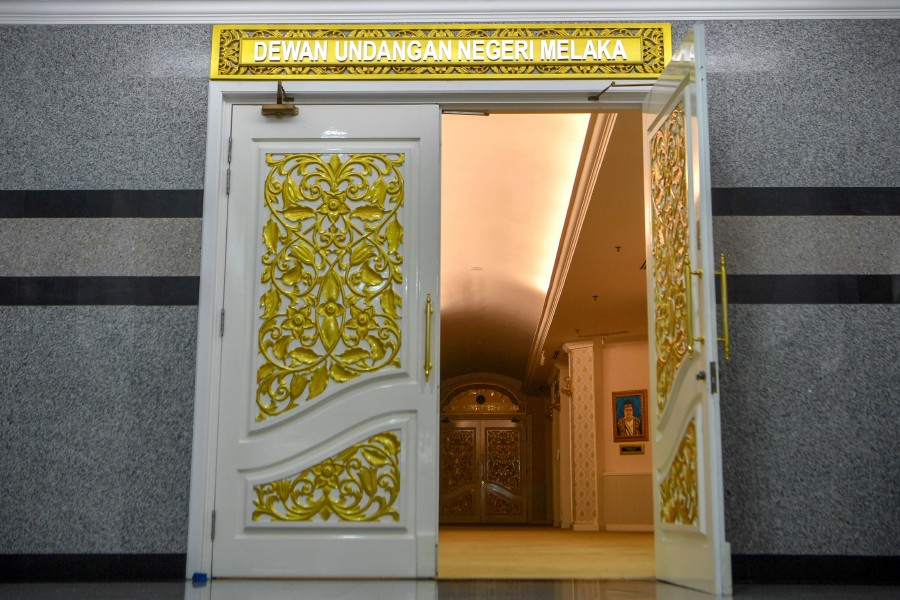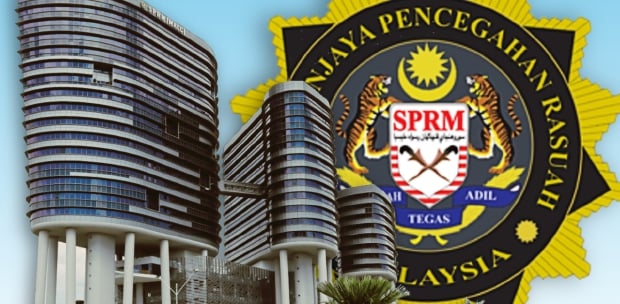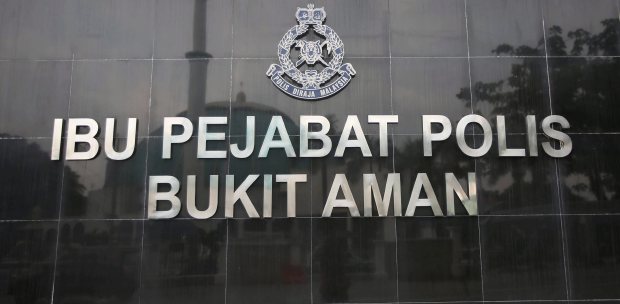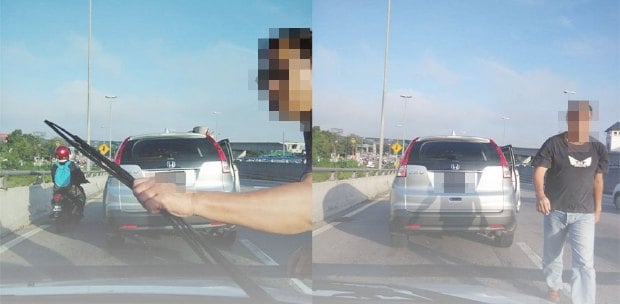If Melaka folk are feeling underwhelmed this week, no one would fault them.
With the whole country eagerly anticipating the removal of travel and social restrictions when the national adult vaccination figures hit 90 per cent, those in Melaka now find themselves tripped up over a dissolved state assembly, unceremoniously dumped on them on Tuesday.
At a time when they'd hoped to pick up the pieces of whatever the pandemic has left of their lives and livelihoods, Melaka voters now also have to divert their time and energy towards umpiring their politicians' internal party conflicts.
Elections weren't meant to be thus. In an ideal setting, or in countries less given to political indulgence, elections are held to choose leaders who can solve people's problems. But in Malaysia of late, elections are held so that people can help politicians solve politicians' problems.
The Melaka government has collapsed purportedly because there are "two lions on the same mountain", resulting in a compromising leadership arrangement. It is not clear whether everyone had tried to fix the problem internally first, but, the result is this: The common man has struggled hard in the past 19 months to stay away from the deadly virus, but their state assemblymen's inability to work together for the sake of the people means that they now have to go out and vote.
Is a vote worth dying for? With Malaysian politics being in constant flux, and top party leadership often mirroring a game of musical chairs, and coalition compositions being fluid, voters would not be wrong in wondering whether the results of the ballot would still be valid a few months down the line.
But a vote is a hard-fought-for right that should never be taken lightly, nor ever surrendered. The vote marks the free man, gives him a voice, and makes him the master of his government. People have died to get and retain the right to vote. There is nothing wrong with the vote. The problem is in the people who are voted in, and their understanding of their responsibilities.
As Melaka faces having to go to the polls in 58 days' time, the federal government has acknowledged the disastrous impact of the Sabah election last year, which opened the floodgates to nationwide infections. No one wants a repeat of that, hence some have called for the deferment of the election.
But just as we cannot suspend business, schooling, and holidays indefinitely, neither can we suspend elections indefinitely. The situation today is far different from a year ago: 88.4 per cent of the adult population is fully vaccinated, and Melaka's stands at 88.5 per cent. And most people are SOP-compliant. The government is preparing to declare Covid-19 as being endemic to the country — by December, all economic sectors will have been opened. So, if it is safe for people to go on holiday or dine at shops, they can most certainly go out to vote.
Deferring the election should be the last resort — for if the Covid-19 situation truly warrants everyone staying home. But, since it is safe for even unvaccinated young children to go to school, there is no reason to postpone the election.
The right to choose which party should lead the state must rest with the people. But politicians must take more care to not destabilise the government whenever it's too hard to work with others.





